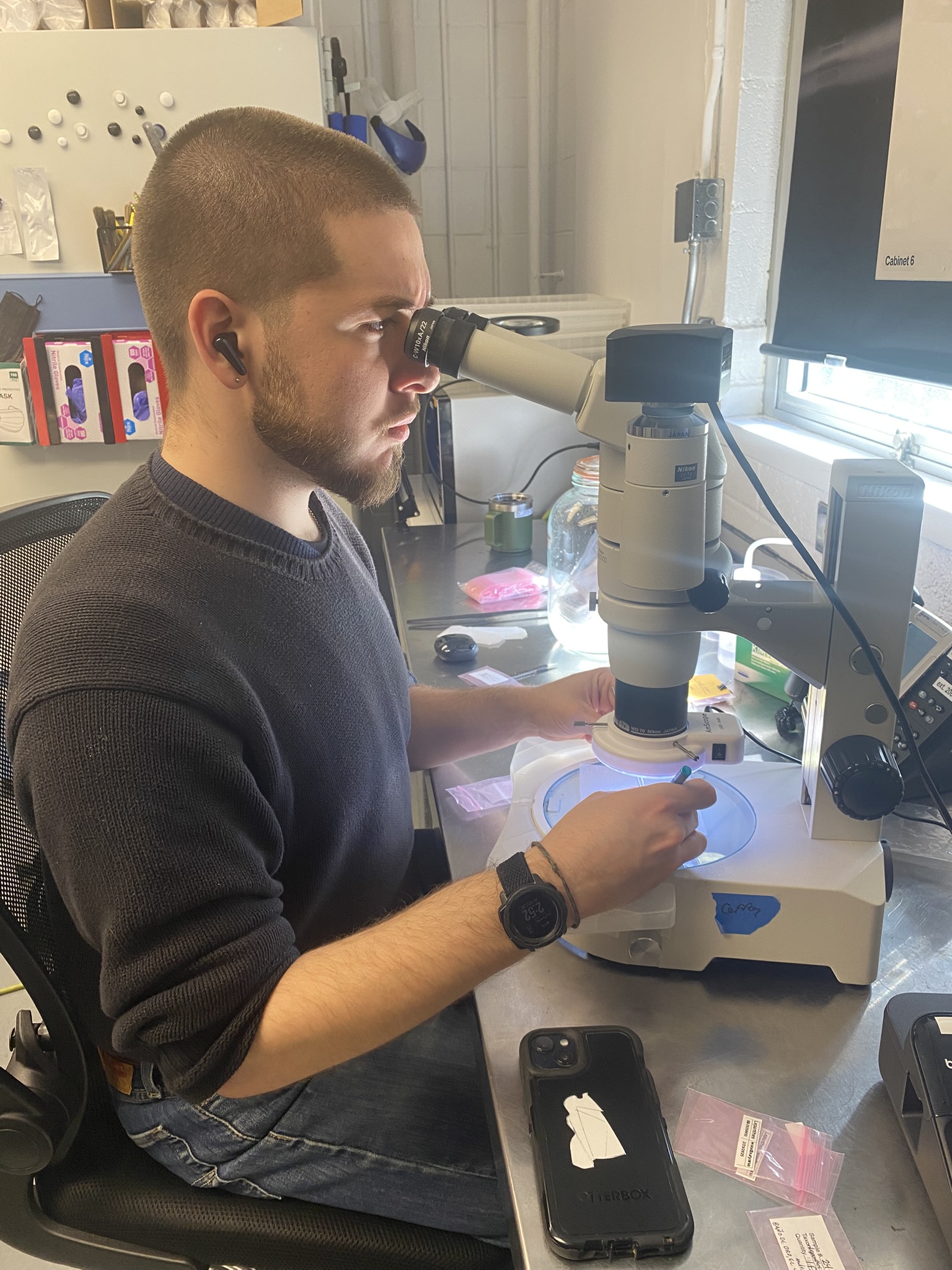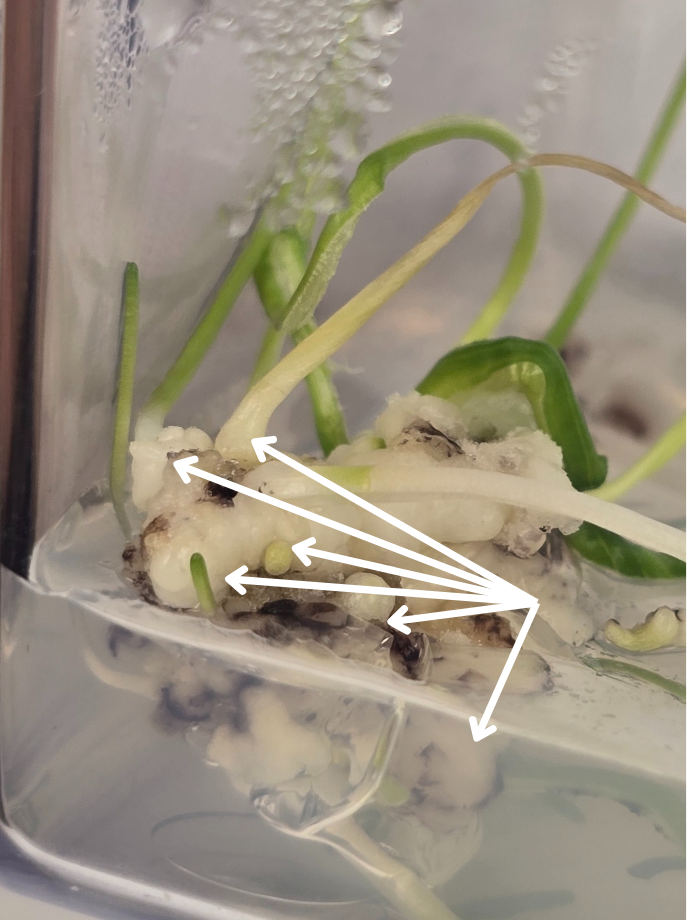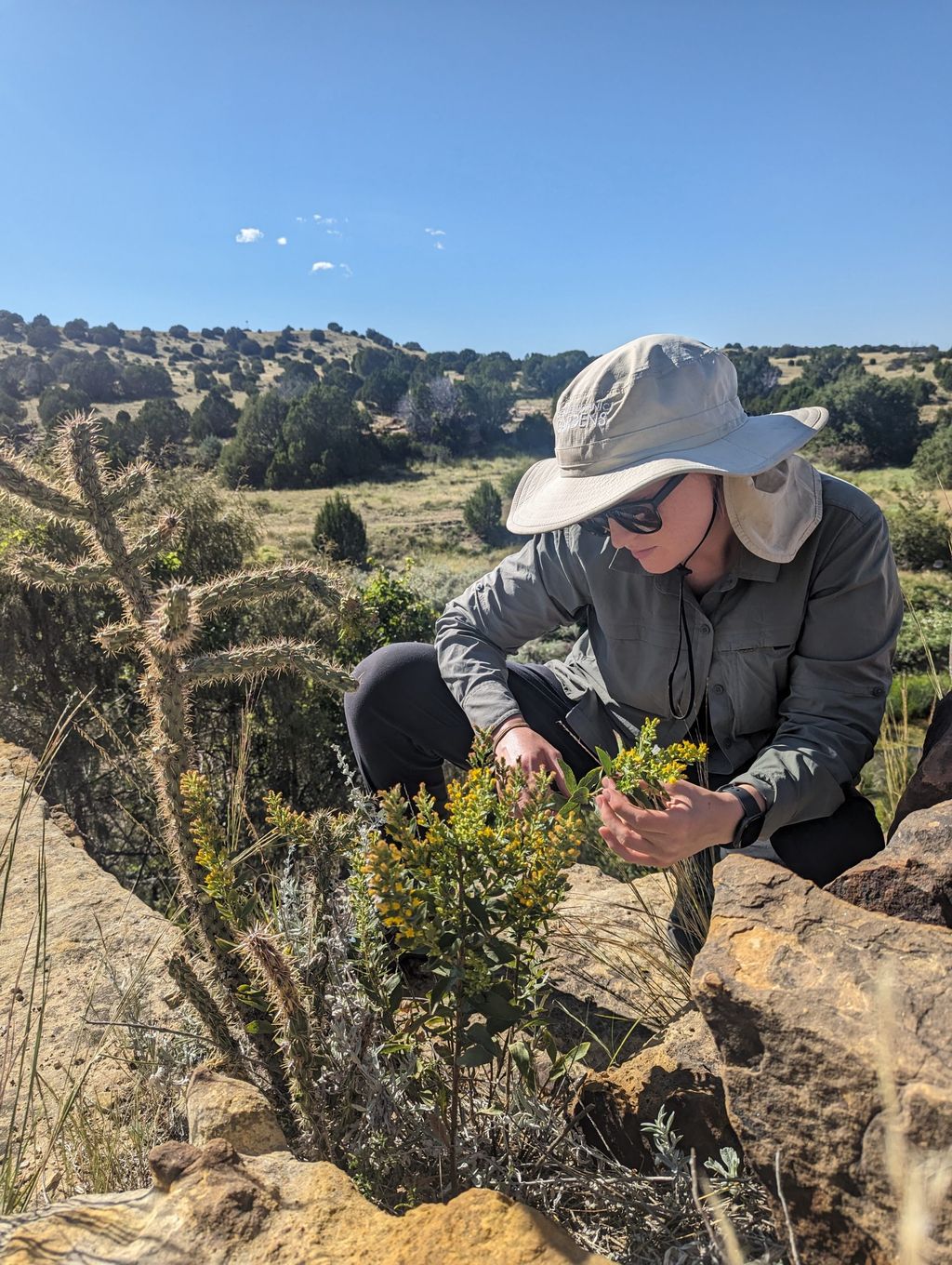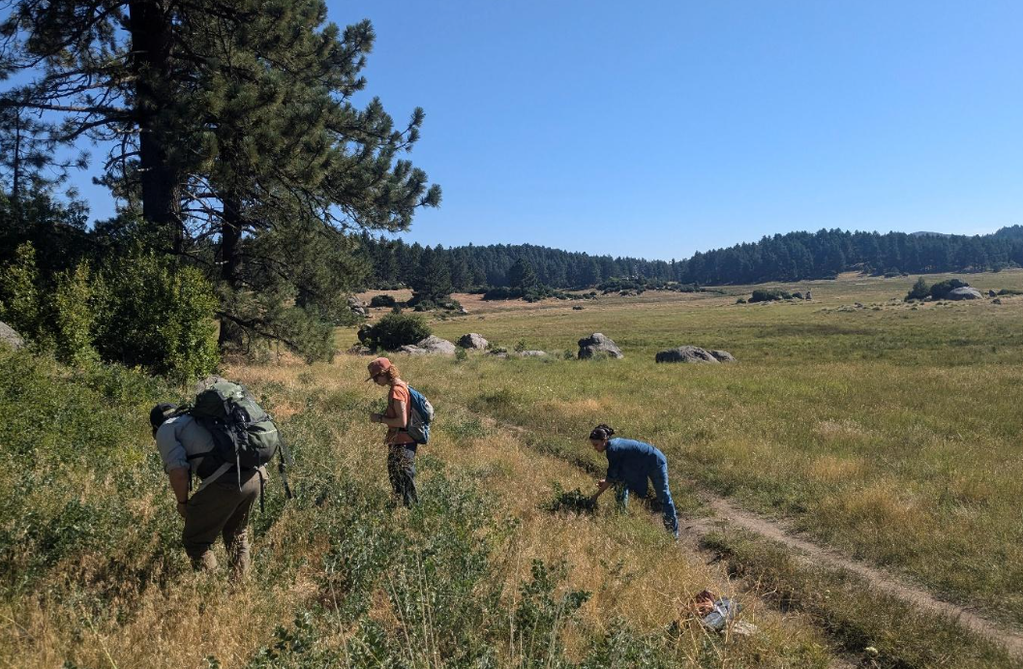Safeguarding Puerto Rico's rarest native orchids
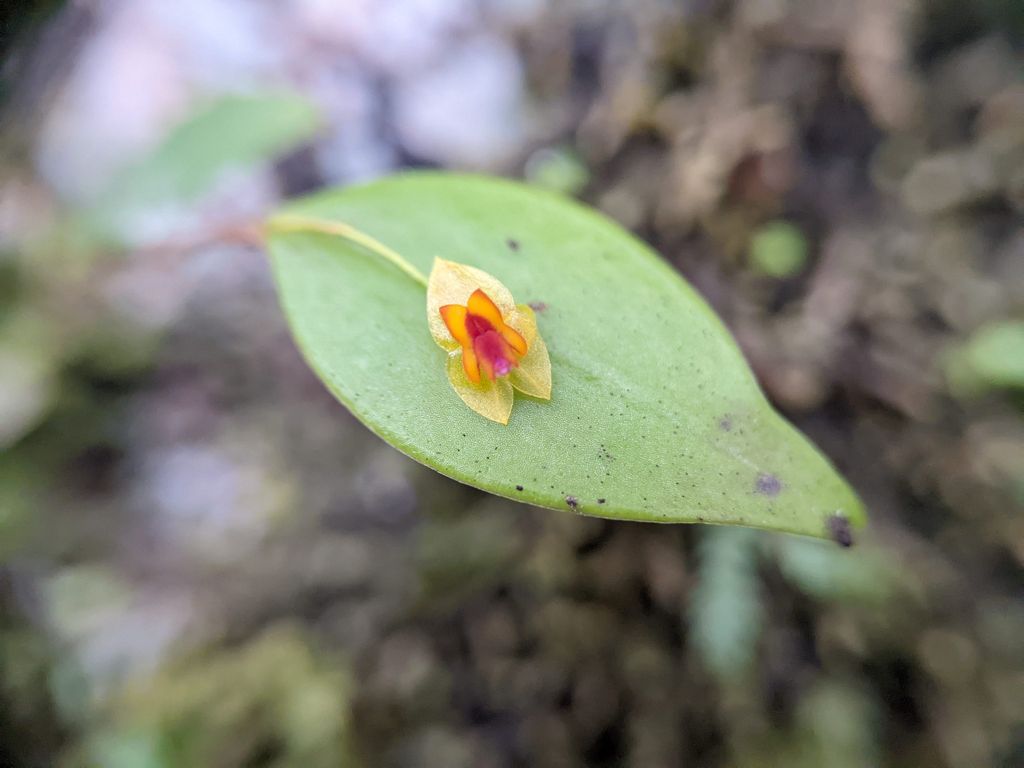
-
Status of project
Completed -
Region
North America -
Country
United States of America -
Programme
BGCI -
Workstream
Saving Plants -
Topic
Plant Conservation
Seed banking endemic orchids in the El Yunque National Forest
Project Status: Completed 2025
Funded by: US Forest Service via the Global Botanic Garden Fund
Project Partner: Atlanta Botanical Garden
Introduction
Led by the Atlanta Botanical Garden in partnership with the US Forest Service and El Yunque National Forest, this project focused on safeguarding Puerto Rico’s rarest native orchids. The initiative aimed to secure long-term conservation of orchid species endemic to the El Yunque National Forest by collecting tissue samples for future analysis and seeds for both conventional seed banking and micropropagation.
Project Goals
The primary goal was to conserve three critically rare, endemic and imperilled orchid species—Lepanthes eltoroensis, Lepanthes rupestris, and Lepanthes woodburyana—through ex situ strategies. These included collecting seed capsules and DNA tissue samples, conducting in vitro germination trials to test seed viability, and refining protocols for identifying mature capsules for optimal seed collection. Lepanthes dodiana, easily overlooked but also critically imperilled, was opportunistically collected for conservation purposes.
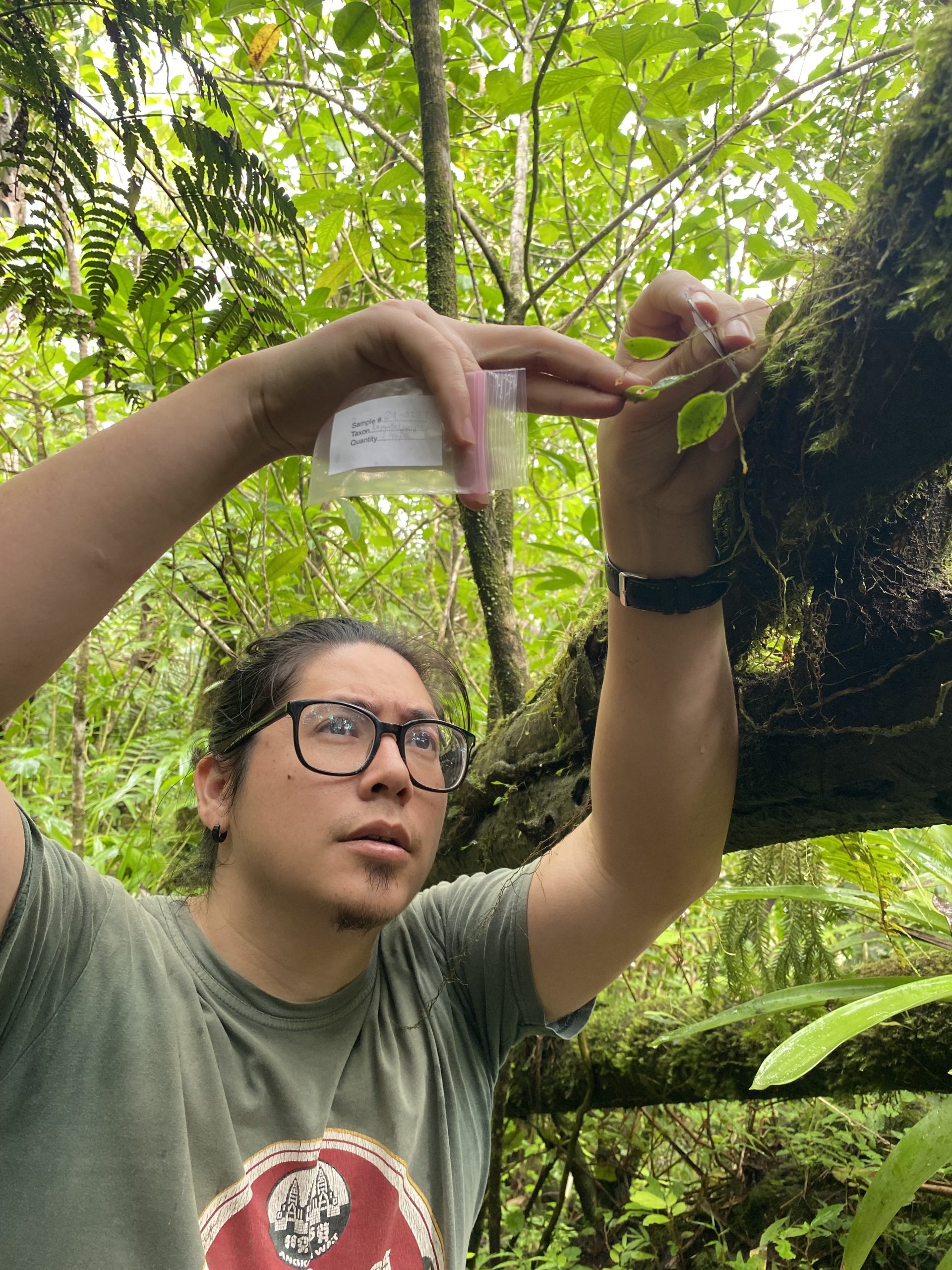
Key Achievements
The team successfully collected 171 samples from the field, including 119 DNA tissue samples and 52 seed capsules. Field protocols were refined to identify critical visual markers of seed maturity, ensuring high-quality collections. Also, Lepanthes seed germination trials improved lab protocols for micropropagating miniature orchids. 100% of seeds from green capsules were micropropagated, while seeds from brown capsules were split 50/50 between micropropagation and conventional storage at 15% relative humidity and -20oC. Notably, one micropropagated sample has reached stage 5 of orchid development, growing true leaves. This represents a significant milestone in the propagation of these orchids outside their natural habitat.
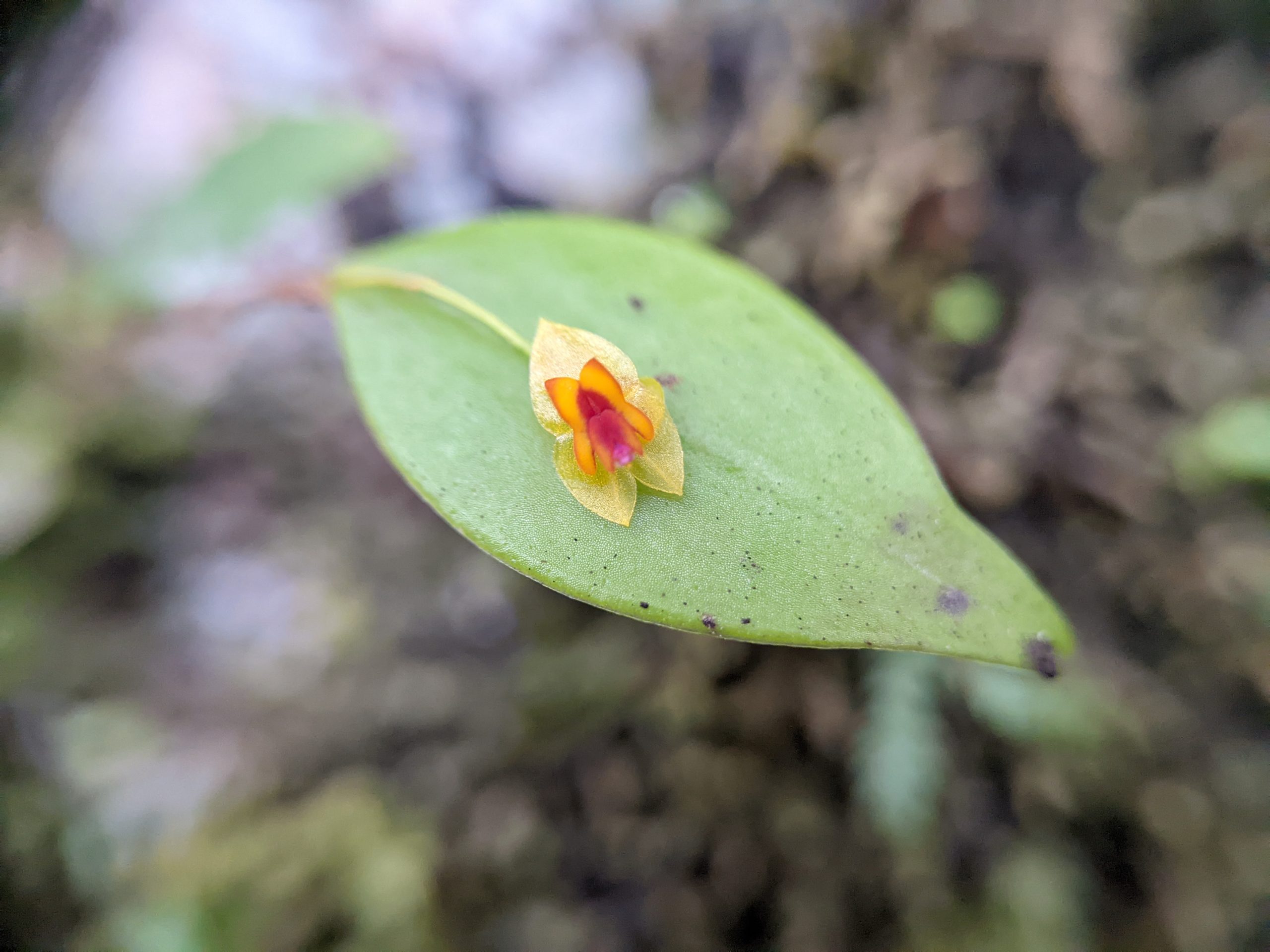
The project demonstrated the feasibility and importance of integrating field botany with seed banking and micropropagation to conserve rare orchid species. It resulted in a valuable genetic repository and advanced understanding of orchid seed viability and germination. These outcomes not only strengthen recovery efforts for El Yunque’s orchids but also provide a replicable model for safeguarding epiphytic orchids worldwide. Ongoing germination trials and future monitoring will continue to build on these conservation successes.
